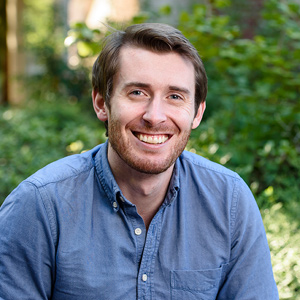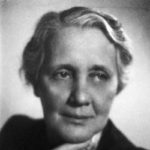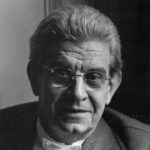Exploring the Unconscious: Arts, Science and the Humanities

- This event has passed.
Working Backwards: “Backwards Causation” and the Temporality of the Unconscious in Pre-Freudian Dream Theory
Saturday, February 5, 2022 @ 10:00 am - 12:00 pm
The appearance of Freud’s The Interpretation of Dreams in 1899 is often thought to have launched a 20th-century fascination with dreams and the unconscious mind. Yet Freud’s work (and the use of dreams to draw conclusions about unconscious thought processes) is also the culmination of a now forgotten 19th-century tradition. Under the heading of “working backwards”, this talk aims to explore the time (or times) of the unconscious in Freudian dream theory and its 19th-century predecessors. Freud’s Interpretation of Dreams can be said to be concerned with ‘working backwards’ and the temporality of the unconscious in at least three senses:
- The temporality of analysis (the analyst works backwards from remembered dream content to latent thoughts in the unconscious)
- The temporality of cultural & cognitive evolution (through the study of dream logic, one can uncover the forms of “primitive” thought characteristic of infants and early humans)
- The temporality of the ‘psychic apparatus’ itself (for dreams to occur, the normal directionality of the Pcpt-Unc.-Preconscious-Conscious schema must be inverted, i.e. the mind itself works backward in dreaming).
After briefly glossing these, I want to “work backwards” from Freud’s Interpretation of Dreams to earlier 19th-century German theories of dreaming and the unconscious, showing how Freud builds upon and transforms this tradition’s understanding of unconscious temporality. In particular, my focus will be on the earlier era’s discussion (treated at length by 19th-century intellectual titans like Schopenhauer, Helmholtz, and Nietzsche) of dreams and “backwards causation”, the notion that unconscious thought processes are characterized by positing imaginary past causes for presently perceived effects. Understanding this phenomenon, and the kinds of issues it raised about the present’s role in reconstructing its own past, should shed new light on fundamental concerns of psychoanalytic practice and theory, from Freud to Laplanche and Lacan.
SPEAKER

Jake Fraser received his PhD in Germanic Studies from the University of Chicago, and is now assistant professor of German and Comparative Literature at Reed College. He specializes in late 18th-early 20th century German literature and philosophy, with emphases in philosophies of time and history and in the history of science and technology. He has published on the intersections of time, memory, and action in authors ranging from Heinrich von Kleist and Franz Kafka to Friedrich Nietzsche and Claude Lévi-Strauss. He is currently working on a book project tentatively entitled The Present's Past: Memory Media and the Afterlives of Events, a study of the ways in which new media technologies—from the daily paper to the computer simulation—gave rise to new theories and experiences of time and memory.


